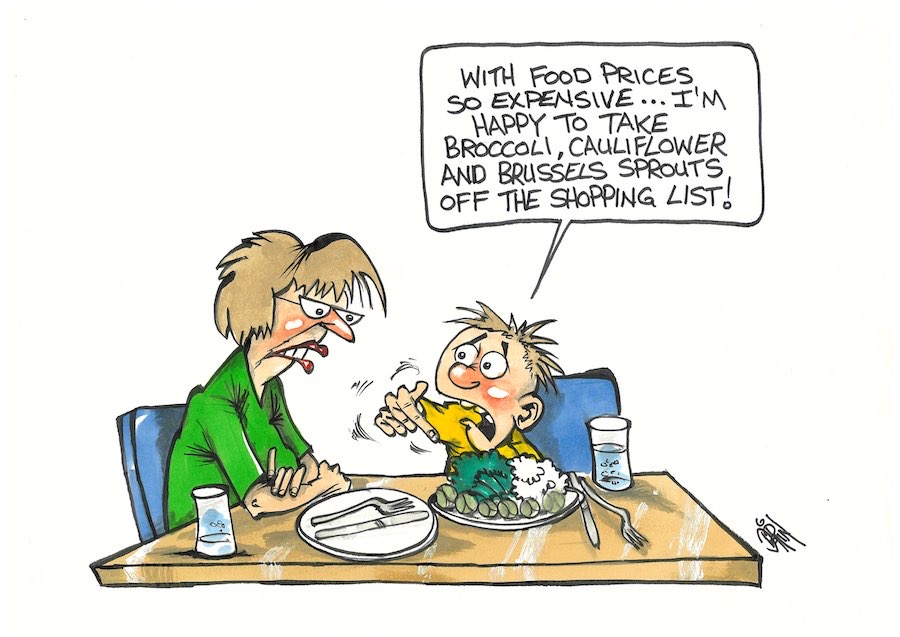MY mother died in pain. It was not necessary, but it was her choice. I understand her commitment to “offer up the pain for the suffering souls in purgatory” when she refused to take enough morphine to deal with the cancer and, at 92, she died.

There are many tools in the bag of the palliative care teams who look after the dying, and no one should have to die in pain. However, there is room for one further item. It is clear that cannabis provides respite from pain for some people who use it. There is no reason that someone who is dying should not be able to have easy access to this drug. The community should be rallying support for Greens Minister Shane Rattenbury’s proposed private member’s Bill to provide cannabis for people who are dying.
Of course, cannabis has side effects. However, issues such as addiction, a trigger for schizophrenia or the possibility of lung cancer as an outcome of smoking are simply irrelevant for the dying. Addiction to morphine is not considered an issue for people in palliative care, and the medical specialists deal with the other side effects.
It should be a no-brainer. People who are dying should have access to cannabis – even if they simply believe it helps.
For too long we have allowed our prohibitionists approaches to particular drugs to limit our ability to treat people. This is why Australian medical palliative care specialists, unlike their British counterparts, do not have access to heroin for people who are dying. As a community we should have enough compassion to recognise the irrelevance of long-term consequences and to do all we can to avoid stigmatisation and prosecution (even in the form of an on-the-spot fine) for people facing death.
The issue is more perplexing for those with chronic disease. Although there have been numerous attempts to study the side effects of cannabis, it is challenging research because of the illegal nature of the substance. However, it is fair to say that there have been many more studies into health impacts of cannabis than those by pharmaceutical companies into some of the emerging drugs provided to regulatory authorities such as the Therapeutic Goods Administration (TGA) for licensing.
There will be the same cries of “opening the floodgates” as occurred when cannabis was decriminalised in the ACT in 1992. Nothing of the sort happened. With proper safeguards, it will be the same. This is why the Greens discussion paper suggests that there are two doctors involved in supporting long-term use and final approval will be in the hands of the Chief Health Officer.
Some will prefer to avoid that process and take the risk of the small on-the-spot fines currently in place in the ACT.
However, there are those who rightly prefer to work within the law and avoid the stigmatisation and the risk of prosecution. They will go through bureaucratic hoops to secure relief from pain and other symptoms of their condition. The hoops proposed make it relatively easy for people who are dying, more difficult for those with conditions such as MS and HIV, where there is growing evidence of efficacy, and much more difficult for those wishing to use cannabis for unnamed chronic conditions.
Before jumping on a prohibitionist bandwagon, MLAs and other members of the community with concerns, should read the ACT Greens Medical Cannabis Discussion Paper and pay particular attention to the considerable safeguards that have been proposed for this legislation. Like my mother, people suffering pain should have a choice. The legislation should be supported giving priority to compassion for those who are suffering.
Michael Moore was an independent member of the ACT Legislative Assembly (1989 to 2001) and was minister for health.
The ACT Greens Medical Cannabis Discussion Paper is available at: scribd.com/doc/234549555/Medical-Cannabis
Who can be trusted?
In a world of spin and confusion, there’s never been a more important time to support independent journalism in Canberra.
If you trust our work online and want to enforce the power of independent voices, I invite you to make a small contribution.
Every dollar of support is invested back into our journalism to help keep citynews.com.au strong and free.
Thank you,
Ian Meikle, editor





Leave a Reply